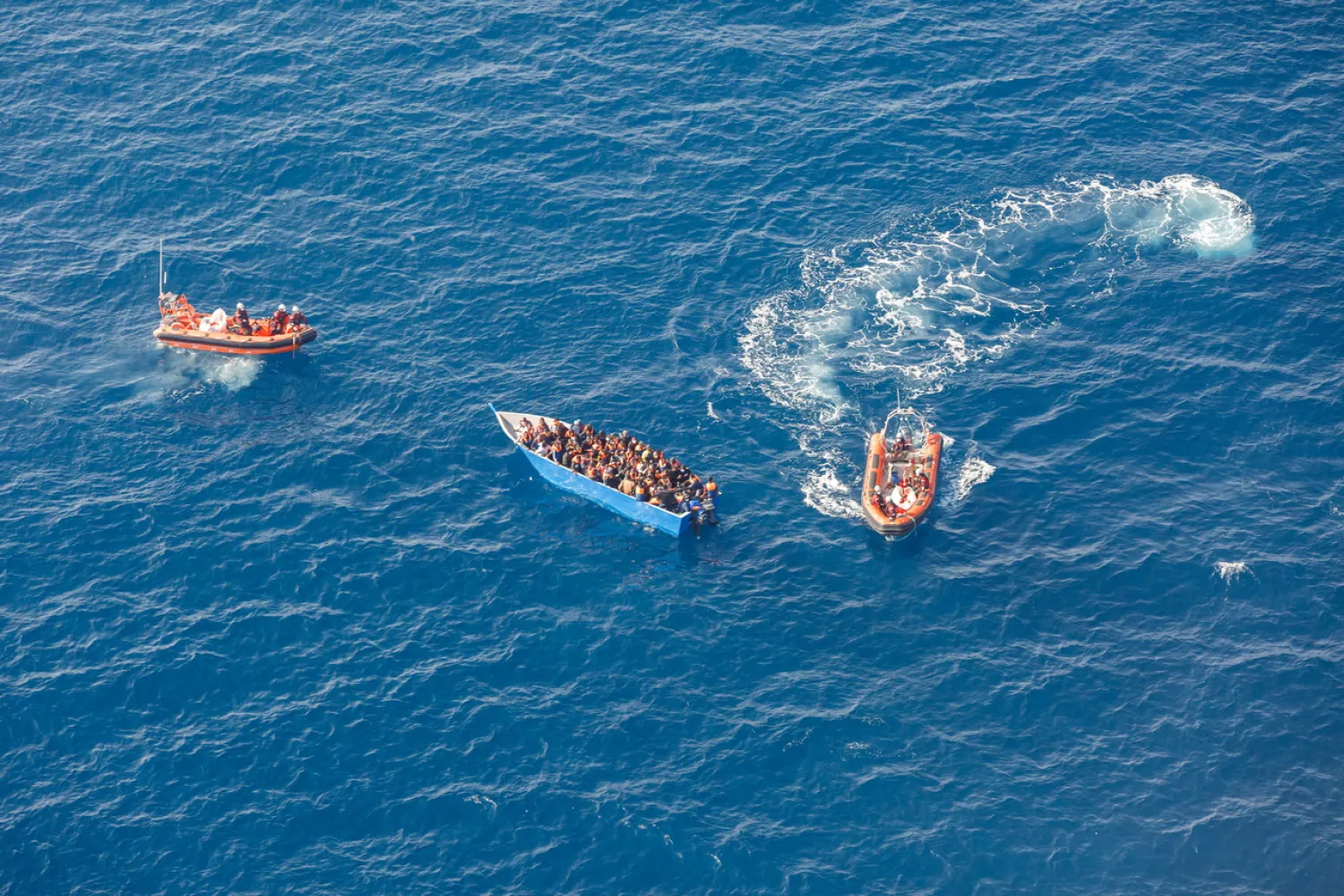More than 3,000 refugees, migrants and asylum seekers died or went missing last year while trying to reach Europe via Mediterranean and Atlantic sea routes, a UN refugee agency report showed on Friday, reporting the highest toll in recent years.
Thousands of Africans take long, perilous journeys to Europe each year often traversing the Sahara desert and leaving the north African shores on small, inflatable boats fleeing hardship or seeking a better life. Last year, the UNHCR reported 3,077 people as dead or missing, nearly double the 2020 toll.
"We are seeing the increases soar," UNHCR's Shabia Mantoo told a news briefing in Geneva. "It's alarming."
UNHCR began releasing consolidated tolls in 2019 and the number of lives lost has risen each year.
So far in 2022, 553 are reported dead or missing and, consistent with previous years, most have died on the Central Mediterranean route, the data showed.
The tolls do not include those lost along land routes such as through the punishing Sahara Desert nor those lost in smuggler-run detention centers where survivors have reported sexual violence and forced marriage and labor.
The dead and missing came from a range of North and Sub-Saharan African countries including Tunisia, Morocco, Mali, Guinea, Eritrea, Egypt, Ivory Coast and Senegal as well as Iran, Syria and Afghanistan, Reuters quoted Mantoo as saying.
"We have been urging that there needs to be humanitarian and development action that needs to be strengthened to address these drivers that force people to move in the first place," she added.
She also reiterated concerns about pushbacks, following the release of a report by the UN rights office last year which said that the European Union is partly to blame for deaths in the Mediterranean due to unanswered distress calls and the obstruction of humanitarian rescue efforts.









